The Recipe to a Healthy Heart:Your Guide to Preventing Heart Disease
Sure, the taste of food is important, but do you know how your diet impacts your heart? Many foods contain hidden ingredients that negatively impact...

Half of patients who have a heart attack don't show symptoms prior to their event. A new standard of precision care, emphasizing comprehensive evaluation of atherosclerotic plaque and heart attack prevention, is changing the approach to heart health.
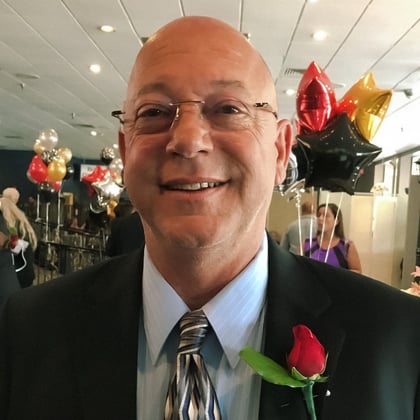 Steven Rowell, 63, is a family man and wireless network engineer of 23 years for a nationally recognized health system in Southwest Florida. Outside of work, Rowell enjoys spending time with his wife, Dr. Maryann Windey, a nurse education manager, and training alongside her for triathlons.
Steven Rowell, 63, is a family man and wireless network engineer of 23 years for a nationally recognized health system in Southwest Florida. Outside of work, Rowell enjoys spending time with his wife, Dr. Maryann Windey, a nurse education manager, and training alongside her for triathlons.
Despite being in good physical shape, Steven's health journey took a turn when he went in to be treated for a hernia in 2017.
I went in for a pre-op for my heart before the hernia procedure, and my doctor found an AAA (abdominal aortic aneurysm).
According to the Mayo Clinic, an AAA is a bulge or swelling in the aorta, which is the main blood vessel that runs from the heart down through the chest. These often grow slowly without noticeable symptoms, making them difficult to detect. Every year, 200,000 people in the US are diagnosed with this condition. A ruptured AAA is the 15th leading cause of death, and the 10th leading cause of death in men older than 55 years of age.
When Rowell's medical team spotted his aneurysm, his hernia procedure was delayed. He then had repair of his abdominal aortic aneurysm.
The surgeon said he was surprised my aorta didn't rupture before my hernia. I'm lucky to be alive.
In 2021, Rowell and his wife learned about Cleerly through a new partnership with his employer. The health system he works for uses Cleerly's AI-enabled CCTA analysis to determine the presence of atherosclerotic plaque, and currently offers this service as a benefit to employees to help reduce the risk of a heart attack.
After his AAA procedure, Rowell was interested in better understanding his heart health and he qualified for a CT scan through his health system plan. This was analyzed not only by the interpreting physician, but also by an artificial intelligence application supplied by Cleerly. Key findings from his Cleerly analysis include:
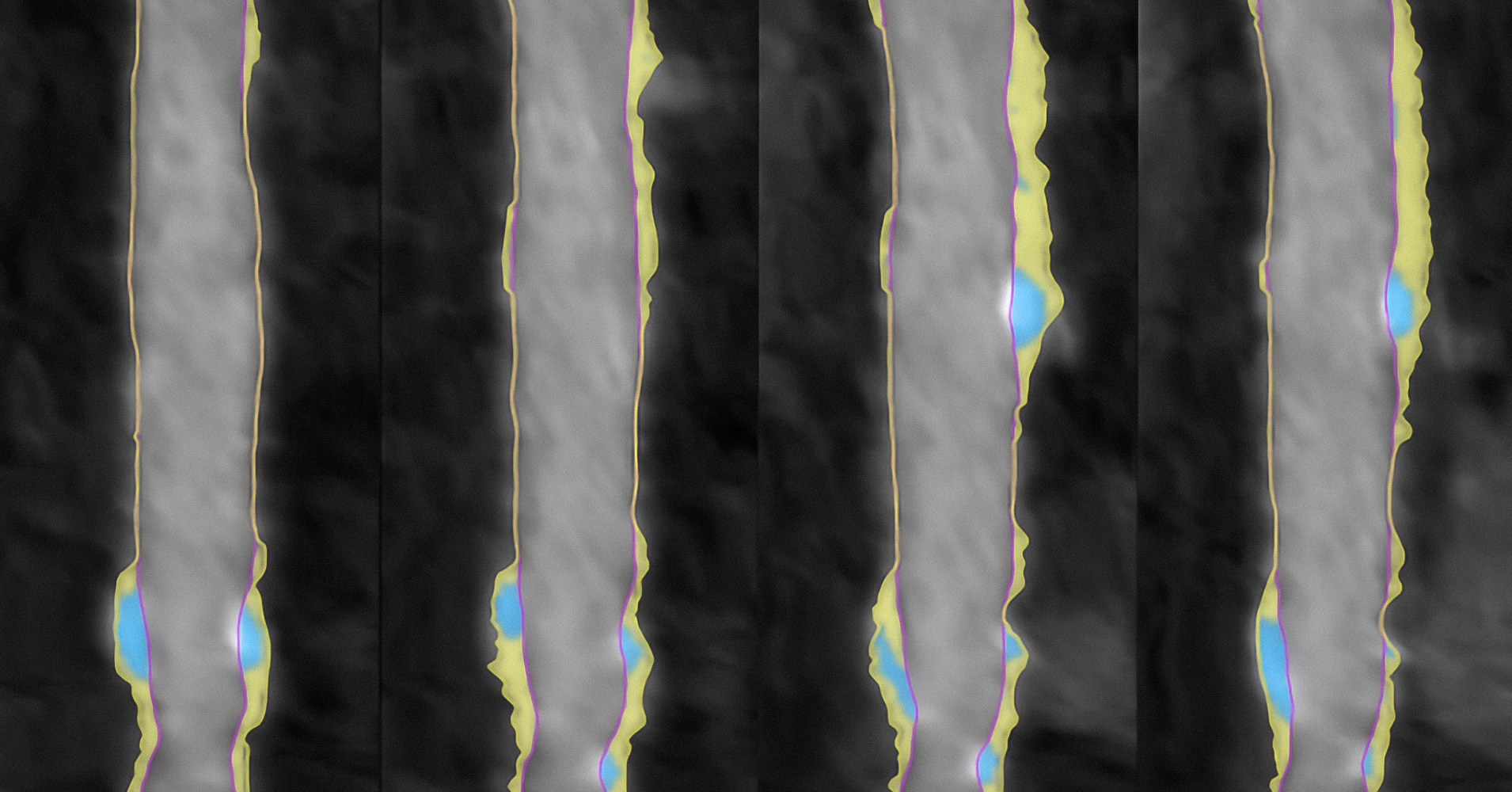
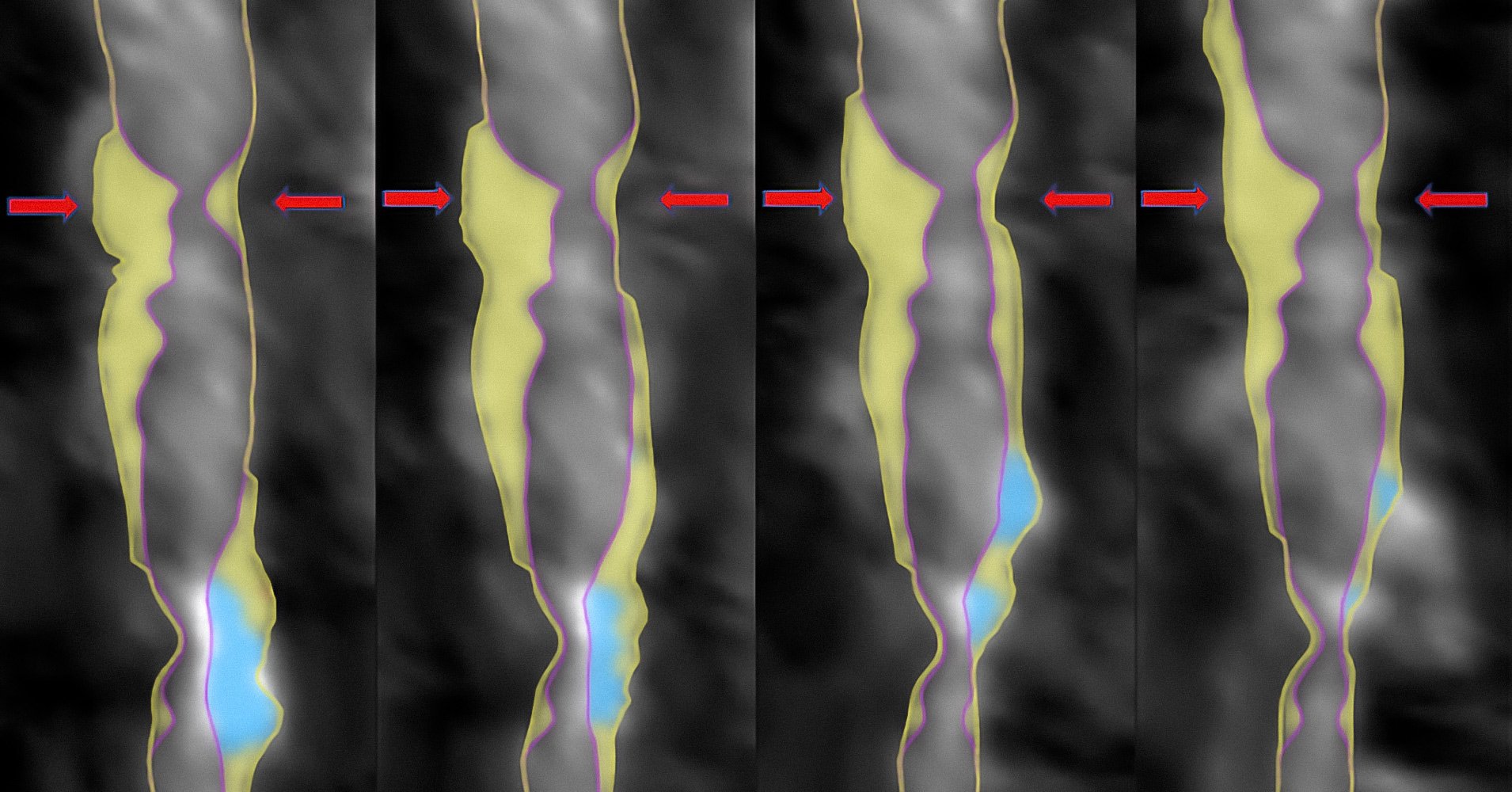
The report gave me a complete breakdown of my results, the different areas of my heart and arteries, along with pictures that helped me understand what was going on with my heart.
After getting his Cleerly analysis, Rowell met with a cardiovascular specialist to discuss his scan results and determine the optimal treatment plan. Based on Rowell's medical history, degree of stenosis severity and lack of symptoms, the cardiologist decided against an invasive procedure and instead pursued aggressive medical therapy and risk-factor modification to include high intensity statin, an anticoagulant, an anti-inflammatory, and other cholesterol-lowering medications. Regularly scheduled follow-ups and an annual scan will be done to monitor his progress.
In addition to medication, Rowell and his wife have adopted a modified vegan diet. The two of them are continuing with their triathlon training which includes running, cycling, and swimming.
Instead of directly examining heart disease - the buildup of arterial plaque, or atherosclerosis - current approaches in cardiovascular medicine usually rely upon indirect markers of disease, such as symptoms, cholesterol, and other factors known as surrogate markers. Such surrogate markers statistically predict disease in populations, but are less precise in individuals.
Cleerly evaluates the most common dangerous form of heart disease - atherosclerosis - and enables clinicians with the information needed to help prevent future heart attacks for people like Rowell.
Since getting his Cleerly results, Rowell reports feeling more aware and less anxious about his heart health. He is exercising again with his wife and stays in regular communication with his care team with a Cleerly revaluation scheduled in a year to reassess his heart health.
I appreciate that my employer made Cleerly available to me and that I was able to take advantage of it. I'm hoping to continue on in life with a long employment, then retire and spend time with my family - that's my goal.


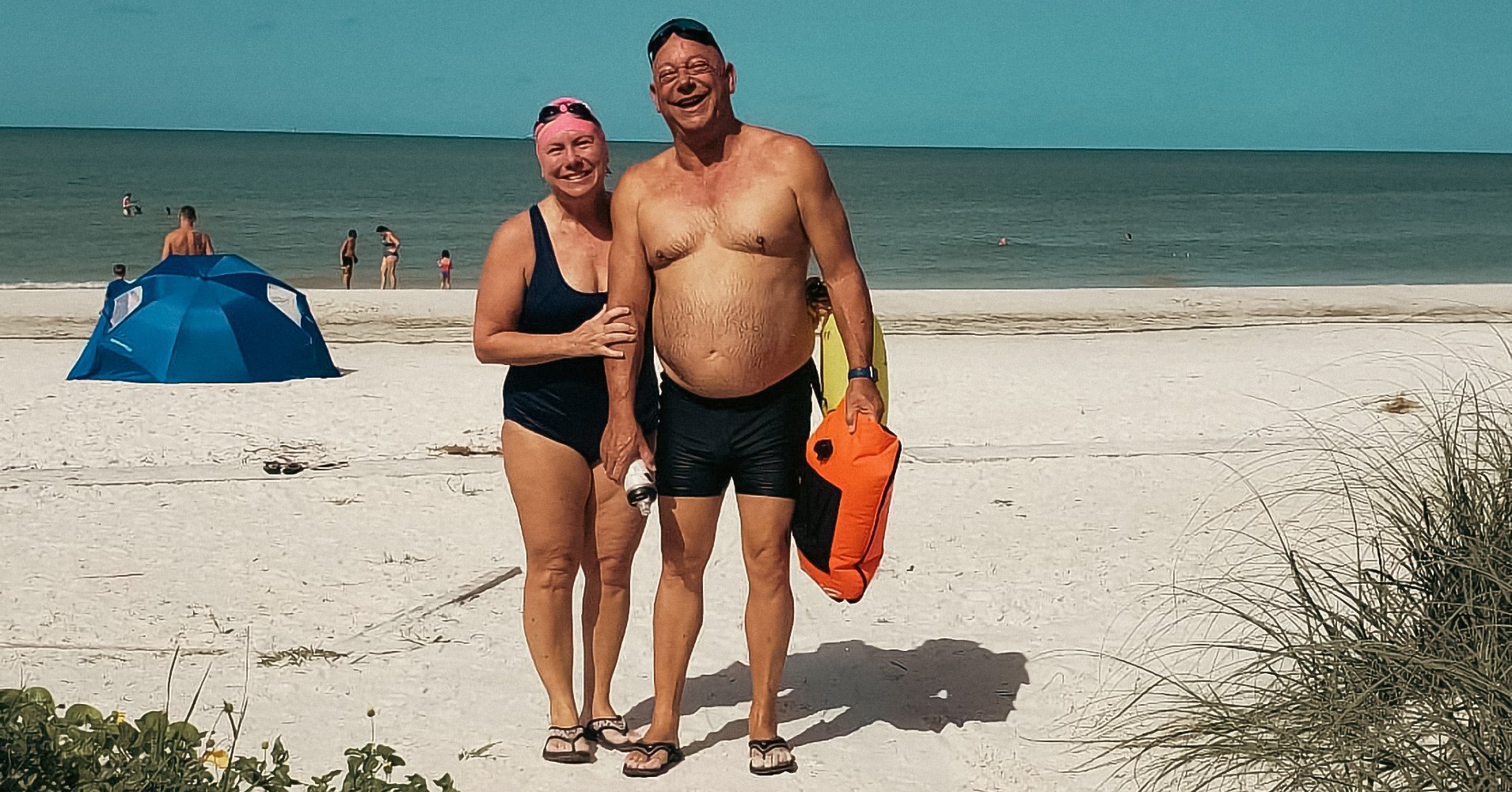
Cleerly is expanding to hospitals and clinics across the country to increase access to a new standard of precision heart care. Use our locator tool or contact us to find out if a Cleerly-enabled CCTA imaging location is near you.
References:
Want to learn more about Cleerly?
CONNECT WITH US

Sure, the taste of food is important, but do you know how your diet impacts your heart? Many foods contain hidden ingredients that negatively impact...

As we reach the end of 2023 and yet another remarkable year at Cleerly, it’s a great opportunity to reflect on all we’ve accomplished and begin...

Cleerly has had a busy few months – attending conferences, panel sessions, and winning awards as we all work together to achieve our mission of a...

Half of patients who have a heart attack don't show symptoms prior to their event. A new standard of precision care that emphasizes comprehensive...

Heart disease is the cause of death for 700,000 Americans1 and nearly 17.9 million people worldwide every year.2 While some of these individuals...
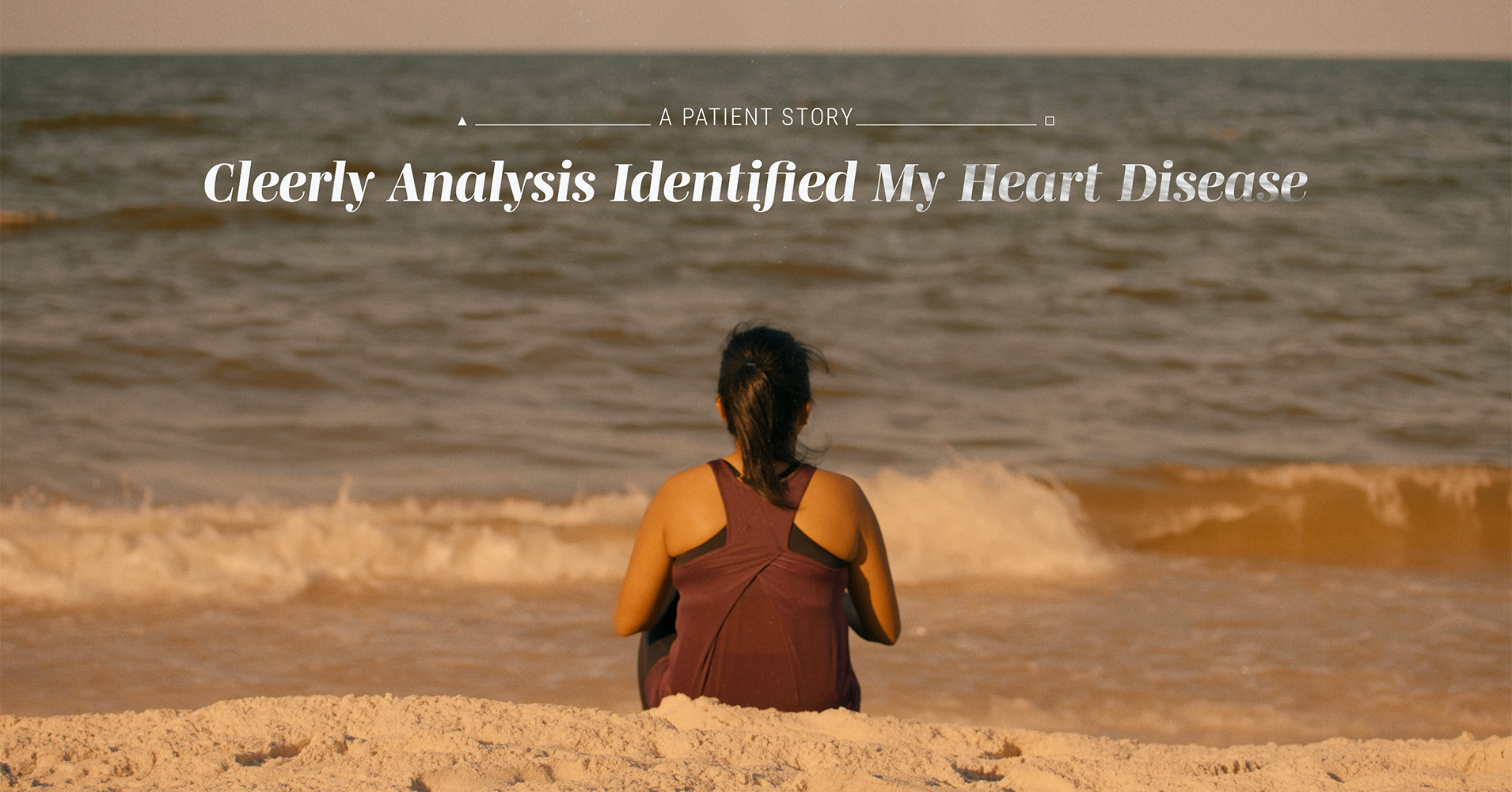
"It's very scary because I had a lot of patients and even friends and neighbors that had heart attacks, and we thought they were healthy by eating...